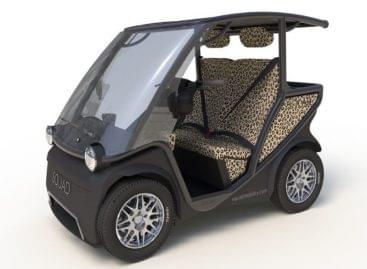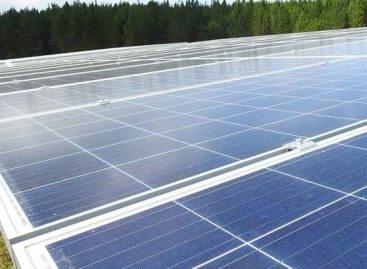Copper breakthrough could make solar energy more sustainable and economical
Sydney-based solar technology startup SunDrive Solar has made a breakthrough in the materials used in solar panels that could significantly increase their efficiency and make them more economical.
Solar panels are made of photovoltaic cells that absorb sunlight and create an electric current. These individual cells are fused with metal contacts, which work to extract the electrical current. Traditionally, silver has been the metal of choice for solar panel contacts because it is easy to work with and very stable. In fact, solar panel production consumes one-fifth of the world’s industrial silver each year. But this dependence can be quite costly, especially when silver prices rise.
SunDrive aims to accelerate solar cell development in Australia and according to a leading independent testing laboratory, has successfully produced one of the most efficient solar cells of all time. By replacing silver with the cheaper and more accessible metal, copper, SunDrive’s solar cells provide a lower cost and more material-abundant solar cell.
If SunDrive can scale the production of their technology, it could be a breakthrough for the solar industry to reduce its reliance on silver and as a result, become cheaper and more efficient.
Springwise
Related news
FrieslandCampina Launches Solar Panel Project For Smaller Roofs
🎧 Hallgasd a cikket: Lejátszás Szünet Folytatás Leállítás Nyelv: Auto…
Read more >Smurfit Kappa Installs Solar Panel System In Columbia
🎧 Hallgasd a cikket: Lejátszás Szünet Folytatás Leállítás Nyelv: Auto…
Read more >







